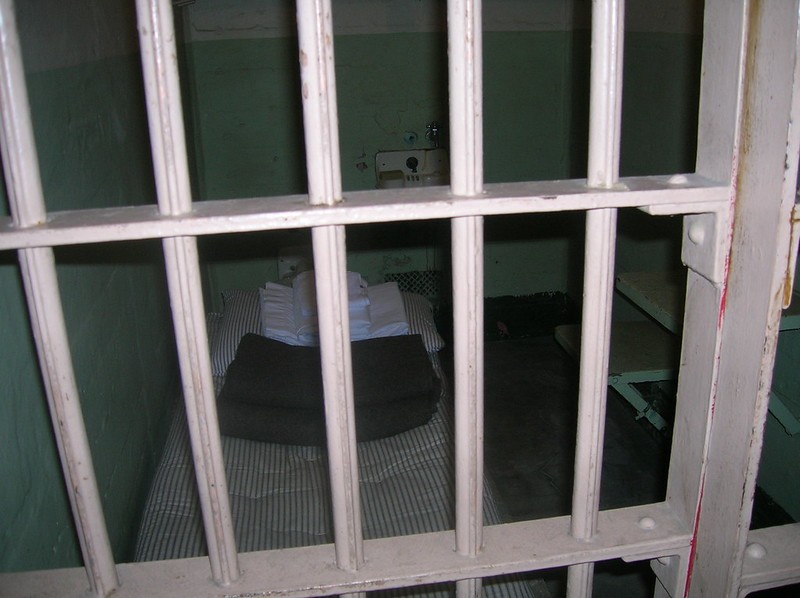The aim of these changes is to provide victims and their families with the opportunity to directly confront their offenders, to gaze into their eyes, allowing them to express the profound impact of the crimes through impact statements, rather than addressing an empty dock.
According to the British Government, this shift ensures that criminals cannot avoid accountability by simply refusing to appear in court.
“It is unacceptable that some of the country’s most horrendous criminals have refused to face their victims in court. They cannot and should not be allowed to take the coward’s way out,” U.K. Prime Minister Rishi Sunak said.
This decision is part of a new reform that aims to make sentencing tougher for the most horrifying killings, leading to significant changes in the U.K.'s legal system.
In cases where offenders persistently resist attending their sentencing despite a judge's order, they will face an additional two years of imprisonment.
This penalty will apply to cases where the maximum sentence is life imprisonment, including heinous offenses such as murder, rape, and intentional infliction of serious bodily harm.
“Every time a cowardly criminal hides from justice by refusing to appear in the dock for their sentencing it is another insult to their victims and their families," stated Lord Chancellor and Secretary of State for Justice, Alex Chalk KC.
These reforms were driven by the efforts of campaigners who were denied the opportunity to witness justice being served for their loved ones' killers.
While judges will have discretion in using these new powers, they will also consider cases where the presence of the offender could cause significant disruption and distress to victims and their families, potentially opting not to order attendance in such situations.



